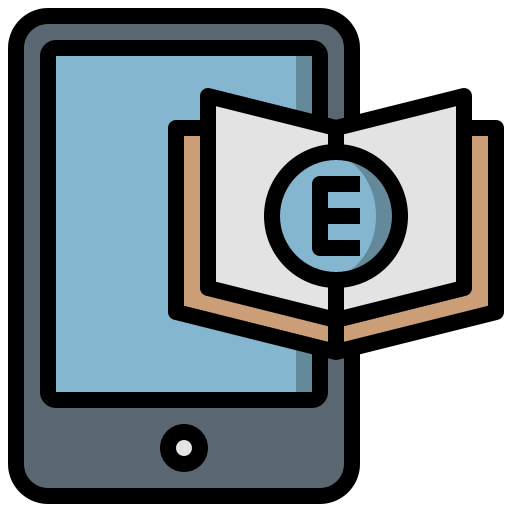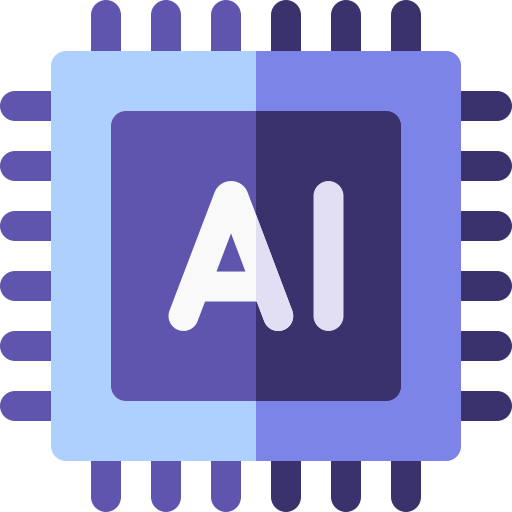 Image created by Three Mountains Learning Advisors in Adobe
Image created by Three Mountains Learning Advisors in Adobe
So, you're considering studying for a degree in education technology. Maybe you have a passion or interest, but you're not sure if it's the right decision for your future.
Deciding whether to study education technology might be challenging. However, this field is rapidly developing, and it could open doors for a rewarding opportunity in the future.
Still, what is education technology? What benefits will you gain after studying this degree?
What is education technology?
 Image created by Three Mountains Learning Advisors in Adobe
Image created by Three Mountains Learning Advisors in Adobe
Education technology is abbreviated as EdTech.It's the use of technological tools to support teaching and learning.
Examples of technological tools used in education technology include Kahoot, EDpuzzle, Articulate Storyline, and Zoom.
Why study EdTech?
You'll become proficient in various technological tools and platforms such as:
course authoring software
learning management systems (LMS)
digital communication & project management tools

You'll also learn how to interact with AI learning platforms and develop skills that can help to analyze data and make informed decisions.
Examples of essential AI skills include machine learning, algorithms,and data literacy.
And guess what? Securing an opportunity to work in EdTech offers a sense of fulfilment and satisfaction because it allows people in remote areas to access educational resources that might otherwise be unavailable.
What career paths can I follow?
After successfully completing a degree in education technology, there are numerous roles that you could obtain.
 Photo by Vitaly Gariev on Unsplash
Photo by Vitaly Gariev on UnsplashInstructional designer:Creating engaging learning experiences that focus on the structure of learning, learning objectives, and methods of knowledge transfer.
Digital learning designer: Design engaging learning experiences and bring content to life with interactive elements like videos, images, or quizzes to make online learning more engaging and accessible.
Educational technologist: Integrate digital technology into education practices.
Educational consultant:This is a broad role that mainly focuses on providing guidance to educators, learners, schools, and businesses, improving their learning outcomes. It may or may not cover technology.
Instructional technology coach: Support teachers and instructors to foster student learning through technology and achieve their professional learning goals.
It's possible to take an EdTech graduate program without having an undergraduate degree in education. Several universities designed their EdTech programs to accommodate diverse academic and professional backgrounds:
Adelphi University's online MA in EdTech welcomes students who studied library science, communications, computer science, and software engineering.
University of British Columbia's online Master of Educational Technology allows applicants with any 4-year Bachelor's degree from a recognized university to apply if they have a 76% or higher average in their third and fourth year courses.
How can you prepare to study EdTech?
 First, you need to become digitally fluent.EdTech is rapidly evolving, so having an understanding of digital technologies beyond basic technical skills positions you to adapt in this continuously rising digital landscape.
First, you need to become digitally fluent.EdTech is rapidly evolving, so having an understanding of digital technologies beyond basic technical skills positions you to adapt in this continuously rising digital landscape.
 Secondly, you need to explore how to integrate AI in education. You should spend your precious time to learn how AI-powered platforms create personalized study plans, provide practice, and offer feedback.
Secondly, you need to explore how to integrate AI in education. You should spend your precious time to learn how AI-powered platforms create personalized study plans, provide practice, and offer feedback.
A typical example of an AI-powered platform is SchoolAI, which allows students to easily understand complex topics/concepts.

Last but not least, staying current with EdTech trends can help you understand the latest developments and best practices. Subscribe to EdTech organization newsletters and blogs, and follow leaders in the field on social media.
Quiz
Sarah has almost completed her education degree. She wants to practice some EdTech skills she learned in a course before she commits to a Masters in EdTech. What can she do? Select all that apply:
How can you succeed in EdTech?
Focus on your learning. Avoid distractions that can hinder your learning. Build your theoretical and practical knowledge in designing digital learning.
Put your skills to use. Some schools teach you theorical modules at the same time you create digital learning course (portfolio).
Search for volunteer or internship roles. Spend your time learning new skills and honing existing ones. Securing volunteering or internship opportunities will be valuable to demonstrate to potential employers that you have what it takes to design a digital course.
Engage with online development learning. There are many extra-curricular courses apart from your normal schooling that you can take to sharpen your skills.
For instance, Udemy offers online courses on EdTech topics.
Take Action
 Image created by Three Mountains Learning Advisors in Adobe
Image created by Three Mountains Learning Advisors in Adobe
Curious to learn more?
Your feedback matters to us.
This Byte helped me better understand the topic.

